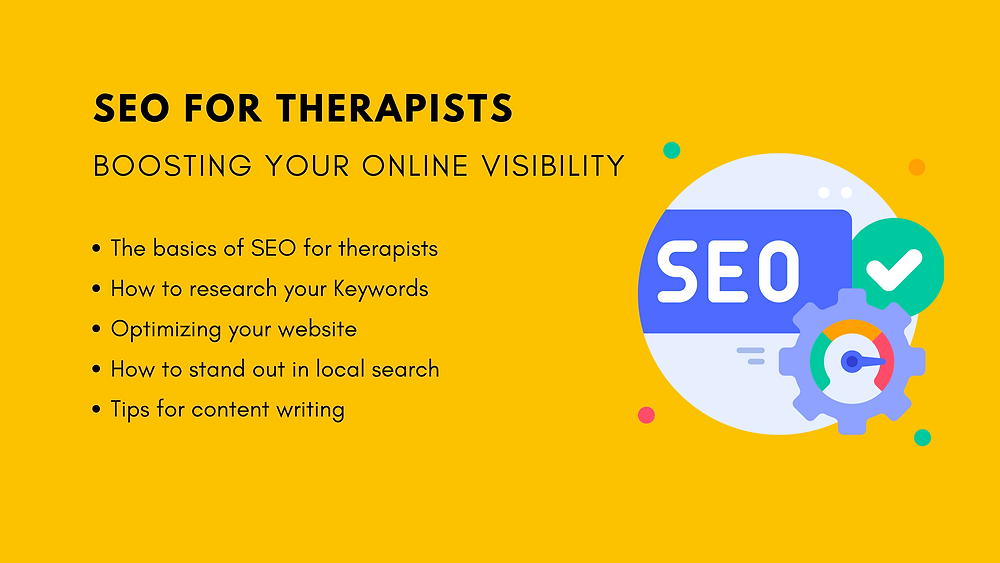When I first started my own online business, I was full of excitement and optimism. I had a great product to offer and a beautiful website to showcase it. But despite my best efforts, my website was buried deep in the search engine results, hardly noticed by anyone. I soon realized that I needed to unlock the secrets of SEO (Search Engine Optimization) in order to enhance my online visibility and drive traffic to my website.
SEO can seem like a daunting concept, especially for entrepreneurs who are just starting out in the online world. But fret not, my fellow entrepreneurs! I’m here to share with you some SEO basics that I’ve learned along the way, demystifying the concept and helping you take your website to new heights.
1. Keywords – The Building Blocks of SEO
Keywords are the foundation of SEO. These are the words and phrases that people enter into search engines when looking for information or products related to your business. By strategically incorporating relevant keywords into your website’s content, you increase the chances of search engines recognizing your site as a relevant source of information.
Start by conducting keyword research using tools like Google Keyword Planner or SEMrush. Look for keywords that are highly searched but have low competition. This will help you target a specific audience without getting lost in the sea of competitors.
2. On-Page Optimization – Fine-Tuning Your Website
On-page optimization involves optimizing various elements on your website to rank higher in search results. This includes optimizing page titles, meta descriptions, headings, and URL structure – all of which play a crucial role in improving your search engine ranking.
Ensure that your page titles and headings include your target keywords. Craft descriptive and compelling meta descriptions that entice users to click on your link when it appears in search results. And don’t forget to make your URLs short, concise, and keyword-rich to make them more SEO-friendly.
3. Quality Content – The King of SEO
Creating high-quality and valuable content is not only essential for engaging your audience but also for improving your search engine ranking. Search engines love fresh, original, and well-crafted content that provides value to users. By consistently producing such content, you increase the likelihood of search engines recognizing your website as a reliable source of information.
Consider writing blog posts, creating informative videos, or offering helpful resources that are relevant to your industry. This not only attracts your target audience but also encourages other websites to link back to your content, boosting your SEO efforts.
4. Mobile Optimization – Embracing the Mobile Revolution
In this digital age, mobile devices have become the go-to source for information and online shopping. Therefore, optimizing your website for mobile users is no longer optional – it’s a necessity. If your website is not mobile-friendly, search engines will penalize you by lowering your ranking in mobile search results.
Optimize your website for mobile by using responsive design, ensuring that your pages load quickly, and providing a seamless browsing experience across different devices. This will not only improve your SEO but also enhance the overall user experience.
5. Link Building – Building Relationships and Authority
Link building is an integral part of SEO. It involves acquiring links from other websites to yours, demonstrating to search engines that your website is trustworthy and authoritative. The more high-quality backlinks your website has, the higher its chances of ranking well in search results.
Start by reaching out to reputable websites and bloggers in your industry and building genuine relationships. Provide them with valuable content or collaborate on projects to earn their trust and acquire a link back to your website. Creating shareable content and utilizing social media to promote your website can also encourage others to link to your content.
6. Monitoring and Analytics – The Backbone of SEO Success
Finally, it’s crucial to monitor and analyze your SEO efforts to gauge the effectiveness of your strategies and make necessary adjustments. Use tools like Google Analytics to track your website’s traffic, identify popular keywords, and measure user behavior on your site. This data will help you understand what’s working and what needs improvement.
Regularly reviewing these metrics will enable you to make informed decisions and optimize your website further, maximizing your online visibility and driving more organic traffic.
In conclusion, SEO may seem overwhelming at first, but with a bit of dedication and persistence, you can enhance your online visibility and grow your business. By understanding the basics of keywords, on-page optimization, quality content, mobile optimization, link building, and monitoring and analytics, you’ll be well on your way to skyrocketing success in the digital world.
Remember, SEO is a continuous process that requires constant adaptation to changing algorithms and techniques. Stay updated, stay curious, and keep experimenting with new strategies to stay ahead of the curve. Happy optimizing!
